“So, What Is the Point of PE?” – Unpacking Purpose, Practice, and Pedagogy in Physical Education
By Aussie Book Club (Brendan SueSee, Dave Robinson & Michael Davies)
In this month’s Aussie Book Club, Brendan SueSee, Dave “Robbo” Robinson, and Michael “Mickey D” Davies dug into a provocative read from Sweden, asking a very real question many teachers and students have asked before:
“Why don’t you really learn anything in PE?”
The article—by Nina Modal and Jürgen Yerden, published in the European Physical Education Review—explores Swedish upper-secondary students’ perceptions of what “counts” as knowledge in Physical Education and Health (PEH), and how that shapes their experiences and assessments. And while the research is Swedish, the questions hit close to home for Australia, too.
💬 What’s the Real Purpose of PE?
Turns out, students in the study believe practical ability is valued over theoretical knowledge. That is: if you're good at sport, you succeed in PE. Sound familiar?
Mickey D pointed out that in Australia, curriculum frameworks talk a big game about individualized, student-centered learning—but the way we assess doesn’t always match up. Robbo chimed in with a cracker of a metaphor: trying to define PE is like trying to carry a bag of water. It's slippery, ever-changing, and trying to do everything at once—fitness, health, movement, relationships, biomechanics, bullying, swimming, domestic violence education, obesity prevention... the list goes on.
⚠️ Identity Crisis, Anyone?
It seems PE, both in Sweden and Australia, is having an identity crisis.
“We go to the party and try to do everything for everyone,” Brendan said. “Hi, Maths! I can help with numeracy! Hi, Health! I can tackle obesity!”—but no one returns the favour.
This people-pleasing approach risks watering down PE’s core offerings, leaving us with a subject unsure of its own boundaries. And that uncertainty? It opens the door for others to tell PE what it should be.
💡 “Just Try Your Best” – But Is That Enough?
A standout moment came when the team unpacked students’ views that in PE, you pass if you “just try your best.” One student said, “You can’t really fail PE.”
That got us thinking: would we say that in Maths? English? Science?
Robbo noted the irony: other subjects accept that some students have advantages—say, growing up in a book-loving home. But PE gets hammered for recognising prior physical experience. Brendan summed it up well with a satirical take: “Should we cancel Javelin because someone once got speared?”
🏃♂️ Are We Moving Too Fast?
Another concern raised: students feel they don’t have enough time to master skills in PE. We touch on a sport, then move on. Brendan likened it to asking a struggling reader to tackle War and Peace in four weeks.
Are we rushing through sports instead of helping students feel competent and confident in movement? Mickey D brought up the concept of "slow schooling"—a reminder that real learning takes time, and depth matters more than breadth.
🧩 Differentiation: What Would That Actually Look Like?
Differentiated learning is a buzzword in education, but this article points out it rarely happens in assessment. So, what might it look like in PE?
Mickey D suggested giving students more agency through self-assessment and peer feedback.
Robbo mentioned contract learning—students choosing their learning targets and being held accountable for progress.
Brendan connected it to the Spectrum of Teaching Styles, particularly the Inclusion and Learner-Designed programs, which tailor learning to student ability and interest.
In short: treat learners like individuals. Let them set goals, progress at their own pace, and reflect on what they’re learning through movement—not just in theory.
🧠 Higher-Order Thinking in PE? Yes, Please.
Both Mickey and Robbo had practical examples of how to go beyond rote learning:
Mickey used angle of release in athletic throws as a discovery-based biomechanics lesson.
Robbo mapped out how even a simple rugby drill can be scaffolded with higher-order questions: What happened? Why? What else could you do?
And it’s fun! PE teachers often love this kind of problem-solving. But too often, external pressures push them back toward low-level recall because that’s what’s assessed.
🏁 So... Where To From Here?
This discussion circled back to some familiar pain points: the narrowing of curriculum, the overemphasis on assessment, and the lack of preparation for early-career teachers.
As Brendan noted, our national curriculum says it values a strengths-based approach—yet we often ignore the very pedagogies that support that.
Maybe the challenge now is to stop being the subject that tries to please everyone, and instead, confidently own what PE is for—movement, health, critical thinking, and lifelong engagement in physical activity.
It’s a tall order. But we reckon Aussie PE teachers are up for it.
Read the article:
Modal, N. & Yerden, J. (2022). Why don’t you really learn anything in PE? European Physical Education Review.
Listen to more Aussie Book Club episodes or share your thoughts on Twitter/X:
#AussieBookClub #PhysEd #HPE

